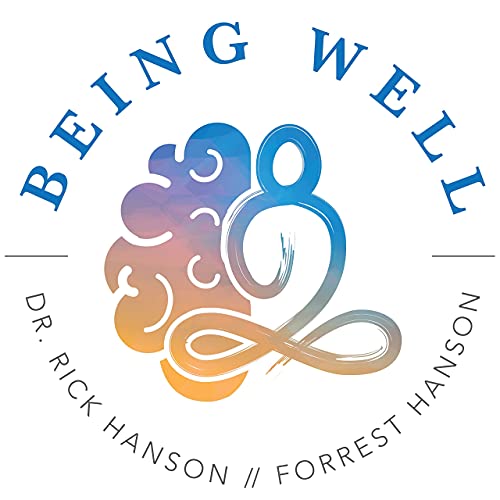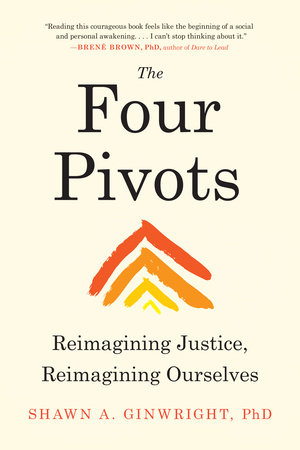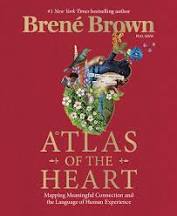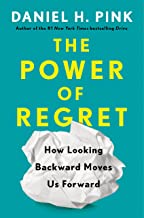When I began my self-discovery and personal growth journey six years ago, I had no idea where it would be leading me — and I am extremely grateful for the path it has become. What excites and inspires me is the ground-breaking research that is shedding light on old myths that have contributed to unhealthy multi-generational family dynamics and stunted our own personal growth efforts. In this post, I will highlight some of the key shifts that are having transformational impacts in self-development, mental health and personal growth.

Many of us grew up with the belief that vulnerability was weakness. So naturally we tried our best to hide and mask our own vulnerabilities in an effort to protect ourselves. Our blind spot around vulnerability was most likely in the way we responded to others who showed us theirs — we’d recoil, dismiss or diminish what they shared with us. Weakness was to be avoided at all costs.
Brene Brown’s extensive research on vulnerability spans over two decades and volumes of data. What she reveals is that across cultures, most of us grew up with this false belief that vulnerability was weakness — and at the same time, we were told to be brave. This created a tension that made so sense. Being brave requires courage — and we can’t get to courage without leaning in, and exposing, our vulnerabilty. Hard stop.
Brene has long professed that vulnerability is the key to deep, meaningful connections with others. Author and activist, Dr. Shawn Ginwright drives this point home with a powerful image:
“Vulnerability is the portal for deep connection with another.”
I believe that vulnerability and trust go hand in hand. This heartbreaking misconception about vulnerability being weakness may be a huge contributing factor to the breakdown of trust in family dynamics. Children who do not feel safe will carry mistrust with them into adulthood along with the armor they use to hide their vulnerabilities. Brene cautions us that we often don’t believe the stories others tells us about their experiences, which leads to more disconnection, withdrawal and an innate lack of trust.
Vulnerability is not weakness – it is in fact the greatest measure of courage. On both sides of this coin, we can become more aware of this truth and drop the old, harmful belief. We can learn to respond to vulnerability — our own and others – with respect, empathy, non-judgment and a desire to learn more. We will cultivate more heroes than victims of our own stories with this one transformational shift.

Here is a thread that runs from what we are re-learning about vulnerabilty to what we also can re-learn about regret. When author Dan Pink was working on his latest book, The Power of Regret, he was rather astonished to discover that when he openly shared his heartfelt stories of his own regrets, his friends did not recoil — they actually leaned in. There was an exchange of similar stories and shared humanity. Those conversations led him to do several years of research about how we got regret all wrong. Living a life with no regrets means living a life without any reflection, without extracting the invaluable life lessons meant to help us along our path.
Dan Pink discovered that when others opened up and risked being vulnerable about their regrets, their insights revealed what they valued most in their lives. Not surprisingly, as we age, what we value most becomes crystallized. In this case, hindsight was truly 20/20 and most regrets were about thing people DIDN’T do rather than things they did — the missed opportunities and risks they didn’t take because of fear, insecurities or perceived judgments.
Vulnerability and regret are like two missing pieces of a bigger puzzle. Dr. Shawn Ginwright explains that we can’t move from transactional relationships to transformational relationships without vulnerability because there is no emotional risk, nothing is at stake. Transformational relationships help us evolve into our better selves; these are the people willing to hold up a mirror for us and encourage us to grow — especially from our life experiences.
Let me share my favorite example of a transformational relationship — being a parent. Reflect for a moment on how your role as a parent evolves as your infant moves from toddler to teen. There is no greater example of how deeply our shared vulnerabilty with our child forges a bond that cannot easily be diminished or disconnected. When our kids are teenagers, we often use regrettable moments as a tool for helping them gain some agency around their choices and a foothold on creating their personal values.
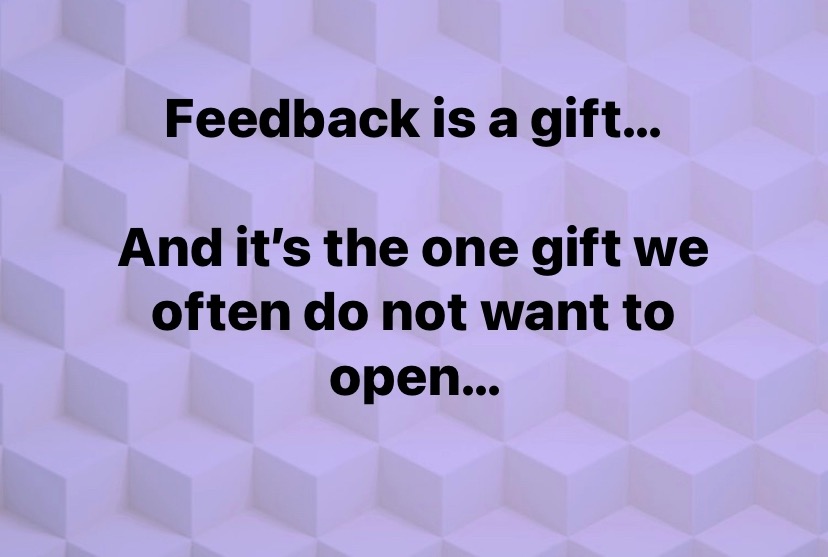
I love Angela Duckworth’s body of work around resiliency and grit — and guess what, it dovetails right into vulnerability and regret. Angela says we don’t learn well when there’s no feedback.
Feedback from others is something that often feels like a hit to our ego, so naturally we prefer to avoid or ignore it.
Yet if the feedback is coming from someone we respect and is offered as a “mirror” for personal growth, then we should be grateful — and lean in. Feedback, like regret, is another tool for learning. Those people who offer us insightful feedback may be the ones we can develop a transformational relationship with — those who will help us do our most meaningful “mirror” work.
One way to get more comfortable with feedback is to ask for it. There’s no doubt this will foster your willingness to choose courage over comfort. And, you will be setting a good example for others:
“Courage is contagious. Every time we choose courage, we make everyone around us a little better, and the world a little braver.” –Brene Brown
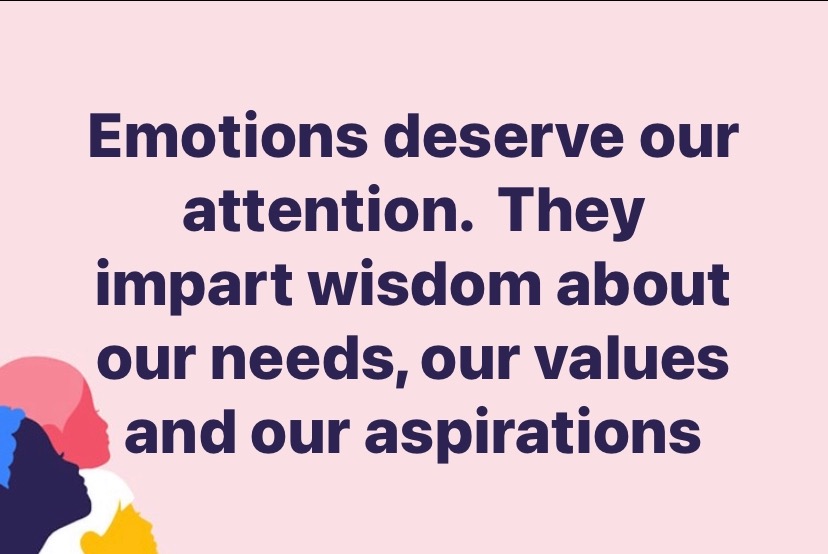
One of the most revelational breakthroughs has been around emotions. We are emotional beings and yet we rarely tap into the wisdom that our wide range of emotions offers to us. We may have been taught as children not to express our emotions; we may have learned to stuff them and power through hard times; we may be triggered by them and then act on them, often with poor outcomes.
While we often talked about emotional regulation, the focus was more on trying to navigate around our emotions than accepting them, feeling and honoring them, and gaining the knowledge they offered. As more research rolls out from behavioral scientists, neuroscientists, psychologists and social work experts, we are recognizing that emotions are not the problem — it is unprocessed emotions that cause lingering and long-term issues.
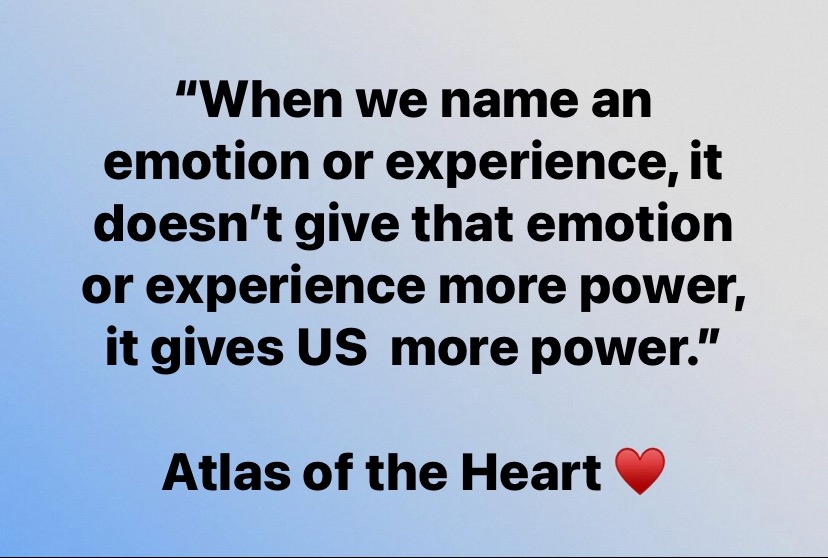
In Atlas of the Heart, Brene Brown integrates so much research of her own and others, to open us up to a brand new way of thinking about — and learning from — our EMOTIONS.
Emotions are neither right nor wrong, good or bad. Each and every one has some intrinsic value that is a part of our full life experience.
In Atlas of the Heart, Brene gives us a resource guide for 87 emotions and experiences that are common to most of us. She shows us “where we go” emotionally with so many relatable events that happen in our lives. Best yet, she gives us an expanded emotional vocabulary to help us name them, process them and learn the lessons from them. Her research revealed that we often just dumped our emotions into one of 3 buckets — happy, sad or angry. There is no way that we were ever going to be able to untangle ourselves from the complexity of our many emotions without a bigger vocabulary and greater discernment.
Imagine the transformation that can occur in just one generation when we embrace these breakthroughs — recognizing vulnerabilty as a measure of strength and courage; gaining invaluable life lessons from regret and reflection; and accepting and honoring all our emotions, processing them in real time (rather than ignoring or stuffing). Imagine how freeing it will be for younger generations to move through life without heavy armor and emotional baggage. What if we came to see ourselves as heroes of our own stories rather than victims of an old narrative? All of these breakthroughs in how we relate to vulnerabilty, to regret and feedback, and to our vast emotional landscape are the maps we can use to grow forward.
RECOMMENDED RESOURCES:
My recent blog post — What We Got Wrong About Vulnerability
https://inspirednewhorizons.com/2022/02/26/what-we-got-wrong-about-vulnerability/
Another recent blog post – Regret and Reflection
https://inspirednewhorizons.com/2022/02/17/regret-and-reflection/
